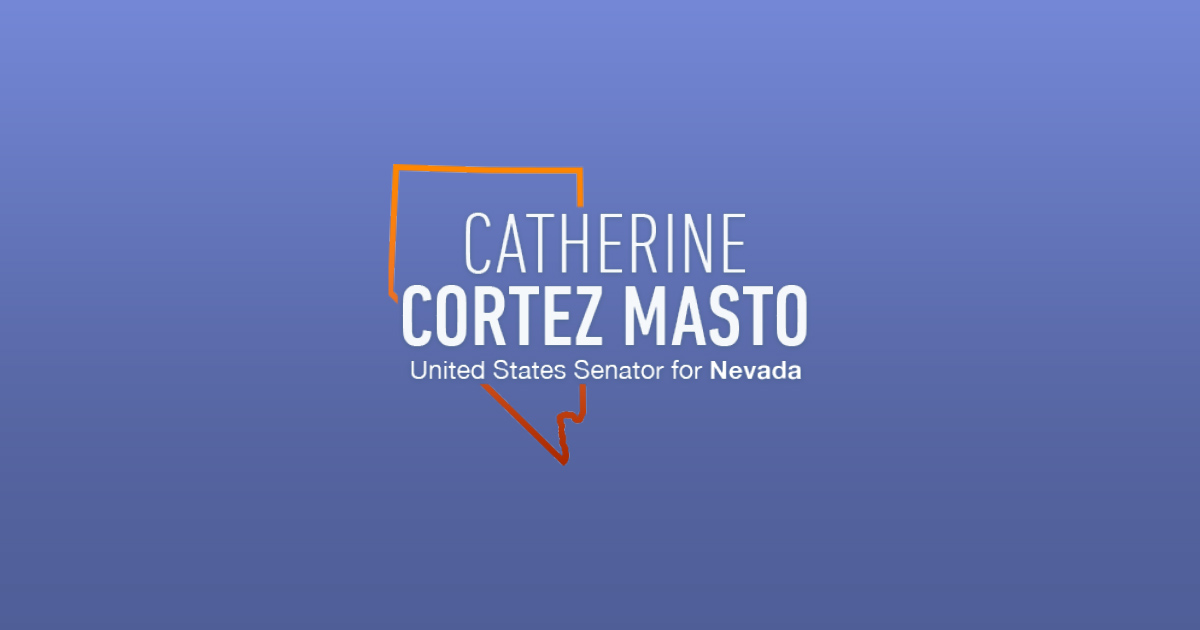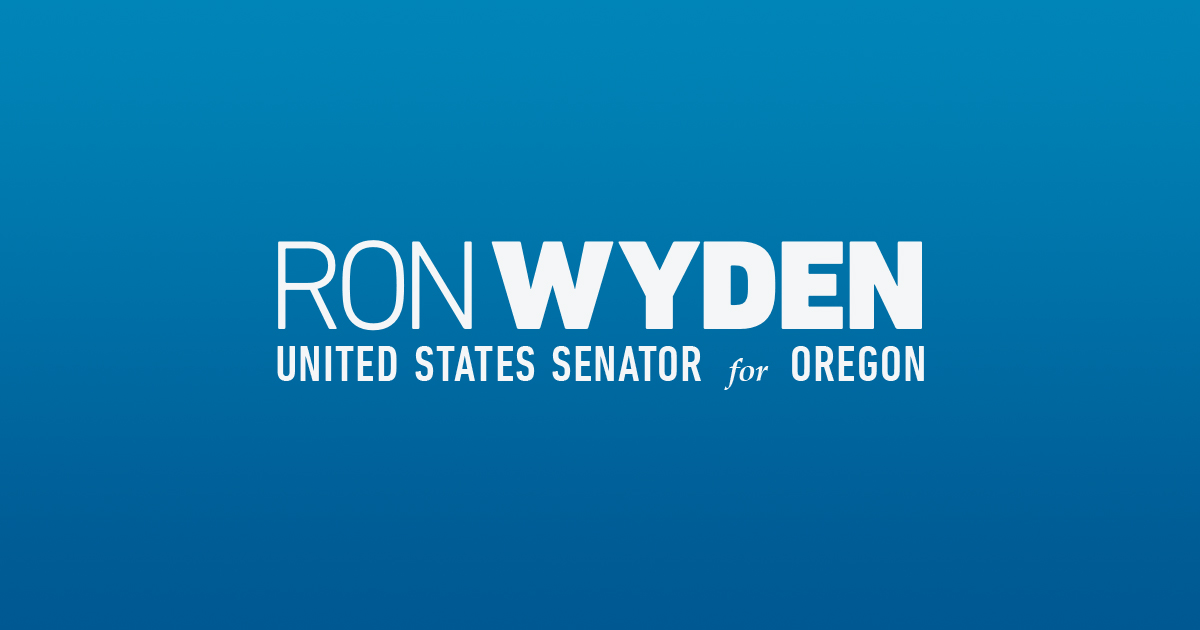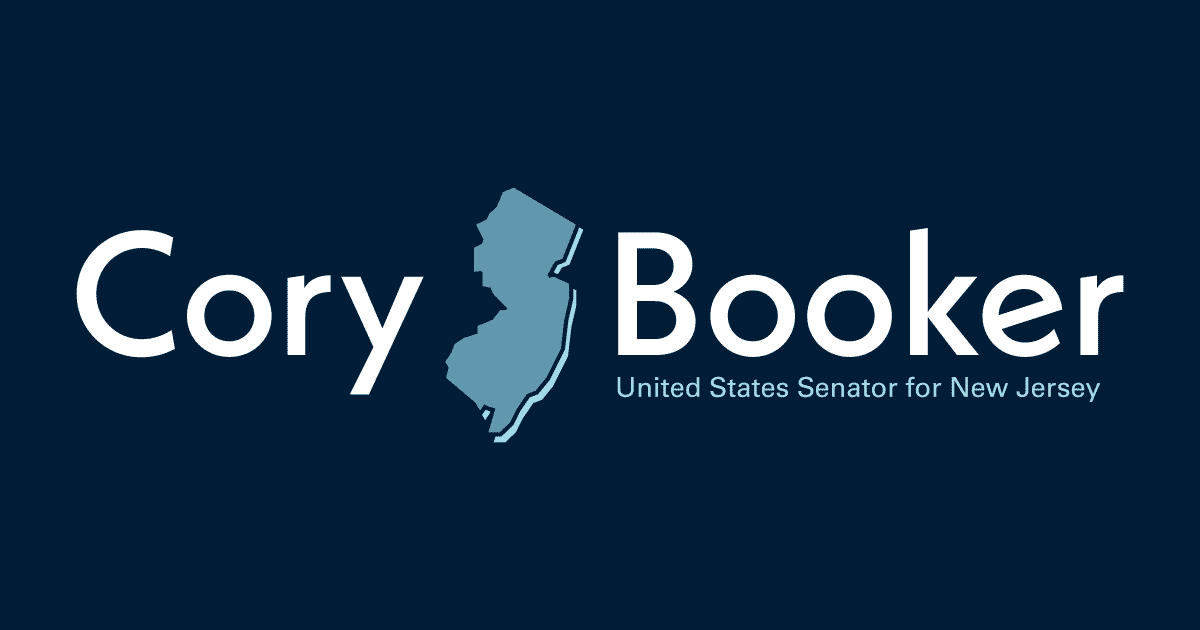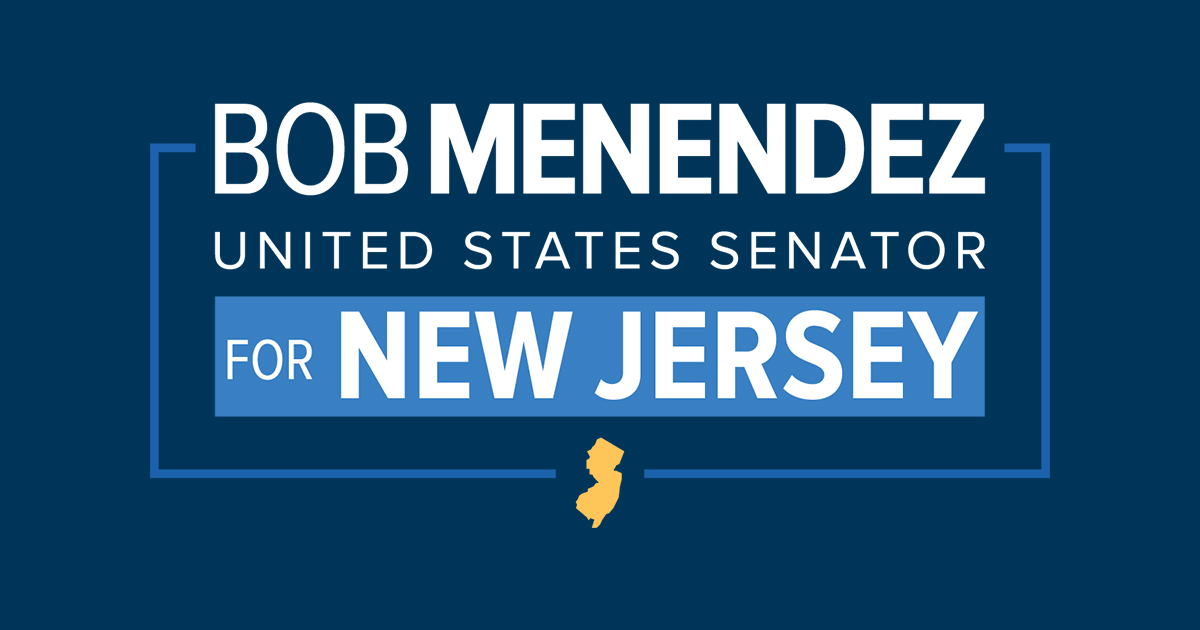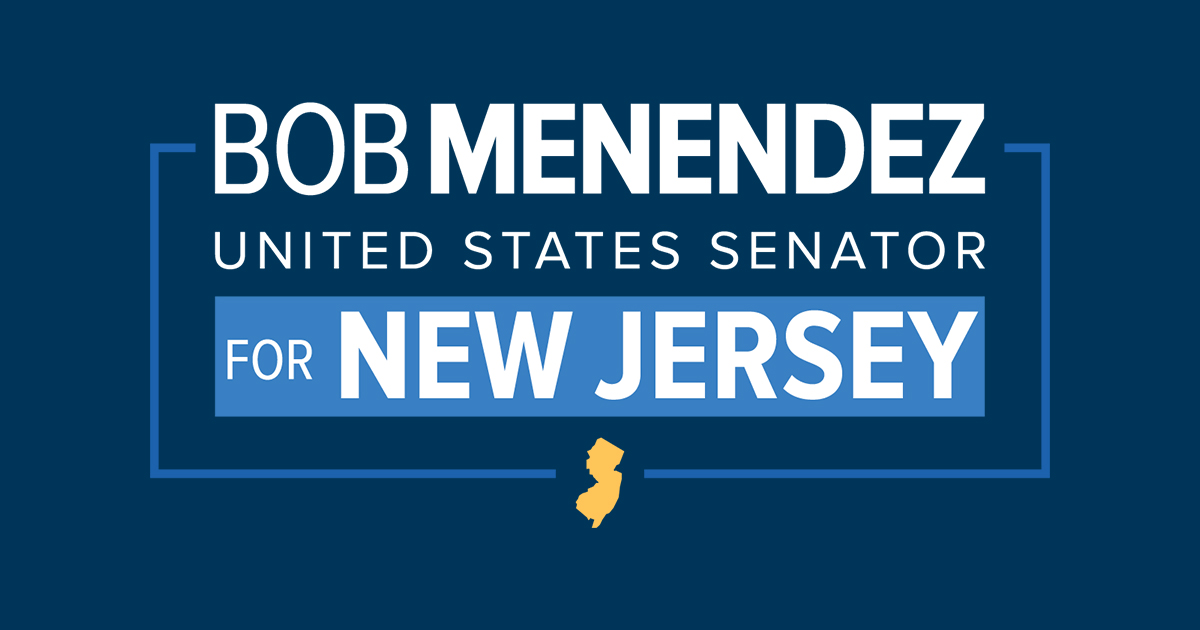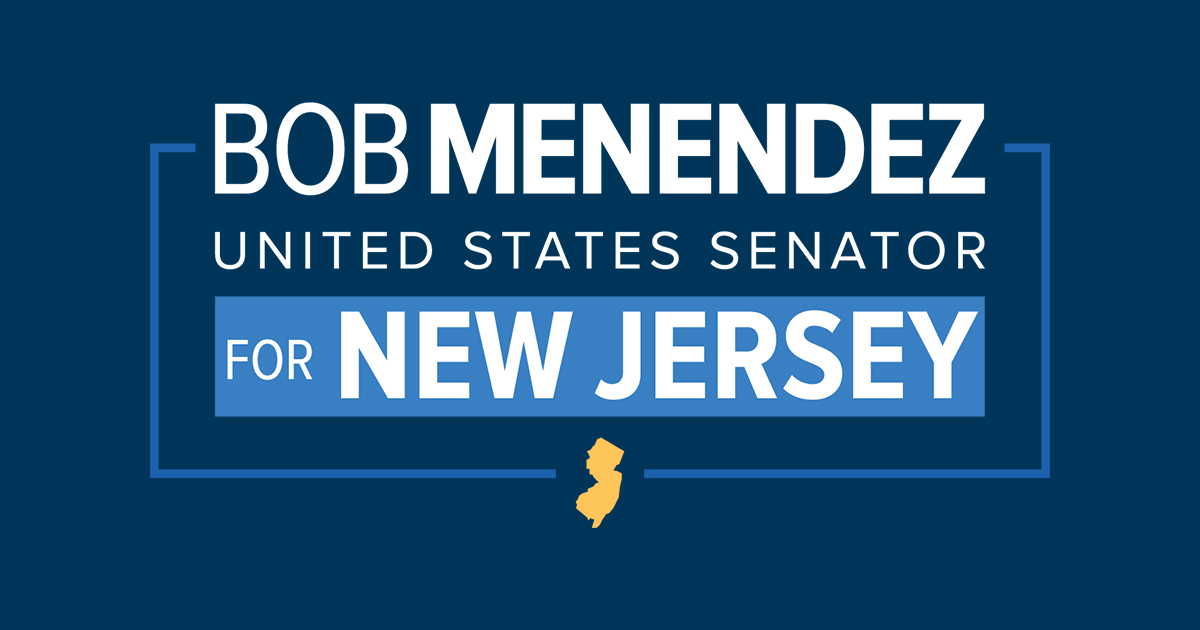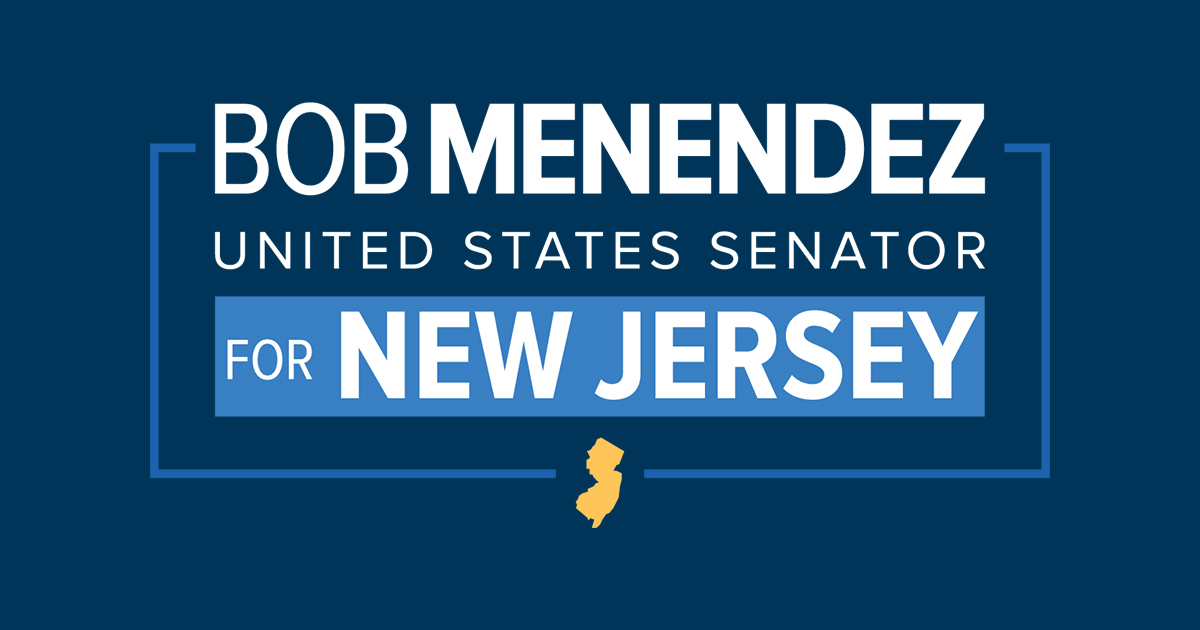Source: United States Senator for New Jersey Bob Menendez
WASHINGTON – U.S. Senator Bob Menendez (D-N.J.), Chairman of the Senate Foreign Relations Committee, today published an op-ed for the leading Mexican newspaper Reforma on the impact of Mexican President Andrés Manuel López Obrador’s decision to strain the U.S.-Mexico relationship by using the Summit of the Americas to make demands on behalf of the dictatorships in Cuba, Venezuela and Nicaragua. The Chairman raised concerns about the pressures on democracy and the rule of law in Mexico, and makes the case against continuing Donald Trump’s doctrine of bluster, insults and aggressions against the U.S.-Mexico relationship.
The Spanish version of the Op-Ed can be found HERE. Below is an English version.
The Impact of AMLO’s No-Show
By Senator Bob Menendez, Chairman of the Senate Foreign Relations Committee
The relationship between Mexico and the United States is far too important for our diplomacy to be based on all bluster and no progress. Those were my warning words to President Donald Trump in 2016 after he launched what became the most anti-Mexican U.S. presidency in modern history. Little did I expect to have to use that same advice for President Andrés Manuel López Obrador, someone who actually understands our shared history, common values and interests, and the enduring mutual respect between our nations.
Alas, President López Obrador’s no-show at the Summit of the Americas was an undeniable setback in our efforts to build bridges, not walls, between our nations. His absence, an effort to coerce President Biden into inviting the trio of dictators from Cuba, Venezuela, and Nicaragua to sit at a table of democratically-elected leaders, backfired. It cost the Mexican people an opportunity to have their interests represented by their president at the first regional gathering of leaders in over four years. It also raised real questions about Mexico’s reliability as a partner in the global fight against democratic backsliding.
With leaders from across the political spectrum gathered in Los Angeles, the Summit was an important step towards reinvigorating hemispheric discussions about the ongoing impact of the COVID-19 pandemic and advancing initiatives capable of delivering the benefits of economic growth to all of our citizens. Leaders in attendance were also able to forge a new consensus on how our region will respond to unprecedented levels of migration in the hemisphere. The impact of not having the head of the third largest democracy in the hemisphere at the table was as palpable as it was lamentable.
After years of insults and aggressions under the previous Administration, Trump inflicted unacceptable damage to U.S.-Mexican relations – making the Mexican-American community a favored target for his hateful rhetoric, insisting Mexico would pay for a border wall, threatening Mexico with tariffs, and, according to his former Secretary of Defense, Trump even contemplated firing missiles into Mexico to attack drug cartels.
In stark contrast, President Biden came to office with a focus on restoring bilateral relations and reversing Trump’s disdain for U.S. values and partners. His approached is based on a fundamental understanding that the United States and Mexico have a relationship nearly unmatched in the world, and the future of both our nations depends in large part on this relationship working at its best. In that context, the Summit of the Americas was a golden opportunity to continue writing a new chapter in the cooperation between Mexico and the United States.
Instead, President López Obrador made an unconscionable decision to further strain the U.S.-Mexico partnership by using the summit to make demands on behalf of Miguel Díaz Canel, Nicolás Maduro and Daniel Ortega – brutal regimes notorious for their political prisoners, extrajudicial killings, forceful disappearances, and arbitrary detentions.
It is no secret that Mexico’s citizens never would have wanted former President Gustavo Díaz Ordaz embraced by international leaders after the Tlatelolco massacre. Nor would Chileans have wanted Dictator Augusto Pinochet to be celebrated on an international stage. For that reason, and without any doubt, President Biden was right to decide there was no space for brutal autocrats in a meeting of democratic leaders.
Most concerning of all is the fact that President López Obrador’s alignment with these dictators comes at a time democratic actors in Mexico and around the world are raising concerns about the erosion of democracy and the rule of law under his watch. In the last three and half years, there has been a growing use of Mexico’s judiciary for political purposes, attacks on press freedoms, a plethora of assassinated journalists, an unabated trend of disappearances of Mexican citizens, and a proliferation of challenges posed by drug cartels undermining governance.
Simply put, Mexican democracy is under duress. President Lopez Obrador’s decision to boycott the Summit, and his justification for it, has only further contributed to fears surrounding the shaky health of Mexico’s democracy and its partnership with the United States.
For those of us who care deeply about the U.S.-Mexico relationship and the role it plays in our hemisphere, there is a lot of work ahead. Next month, when President López Obrador travels to Washington for meetings at the White House, I will continue working with President Biden and Secretary of State Blinken to ensure that these issues are part of the agenda in all of their meetings. Because a foreign policy doctrine that centers on embracing autocratic leaders, giving a cold shoulder to our closest allies, and a personal agenda that comes at the expense of the values and interests of our people is a strategy destined to fail both in the United States and in Mexico.
La relación entre México y los Estados Unidos es demasiado importante para que nuestra diplomacia se base solo en fanfarronadas y no en avances concretos. Esas fueron mis perlas de sabiduría para el presidente Donald Trump en el 2016, después de que lanzara lo que se convertiría en la presidencia estadounidense más antimexicana en la historia moderna. Nunca esperé tener que usar ese mismo consejo con el presidente Andrés Manuel López Obrador, alguien que entiende la historia compartida, los valores y intereses comunes, y la importancia del respeto mutuo en la relación entre nuestras naciones.
Lamentablemente, la ausencia del Presidente López Obrador en la Cumbre de las Américas este mes fue un gran paso atrás a nuestros esfuerzos por construir puentes, no muros, entre los Estados Unidos y México. Su boicot, una reprimenda al presidente Biden por no invitar al trío de dictadores de Cuba, Venezuela y Nicaragua, fracasó. El desplante termino costándole al pueblo mexicano la oportunidad de tener sus intereses representados por su presidente en la primera reunión de líderes de la región en más de cuatro años. Y en última instancia, el capricho del presidente solo generó más dudas sobre la fiabilidad de México como socio en la lucha global en contra del retroceso democrático.
Habiendo reunido líderes de todo el espectro político en Los Ángeles, la cumbre fue un momento clave para reactivar discusiones para contrarrestar los efectos hemisféricos de la pandemia del COVID-19 y acordar iniciativas que brinden beneficios del crecimiento económico a todos nuestros ciudadanos. Los mandatorios presentes también lograron forjar un nuevo consenso para responder a los altos niveles de migración que abruma a nuestra region. El no poder contar con el jefe de la tercera democracia más grande del hemisferio fue tan palpable como lamentable.
Tras cuatro largos años de insultos y agresiones, Trump resquebrajó las relaciones entre Estados Unidos y México. Todos tuvimos que aguantar a un presidente estadounidense que hizo de la comunidad mexico-americana su blanco preferido de la retórica de odio. Trump juró en vano que México pagaría por un muro fronterizo, amenazó a México con aranceles, y, según su exsecretario de Defensa, incluso contempló disparar misiles a México para atacar a los cárteles de la droga.
En un marcado contraste, el presidente Biden asumió su cargo con el propósito de establecer un régimen político para restaurar relaciones bilaterales y revertir el desprecio de Trump por los valores y socios de EE.UU. Su buena voluntad se basa en parte por el entendimiento que Estados Unidos y México cuentan con una relación casi inigualable en el mundo, y el futuro de nuestras naciones depende en que esta relación funcione. En ese contexto, la Cumbre de las Américas constituía una oportunidad de oro para asegurar el progreso de este nuevo capítulo en la cooperación entre México y los Estados Unidos.
Desgraciadamente, el presidente López Obrador optó por la decisión poco adecuada e ineficaz de tensar aún más la relación entre ambos países al utilizar la cumbre para hacer exigencias en nombre de Miguel Díaz Canel, Nicolás Maduro y Daniel Ortega; dictaduras que se conocen a nivel mundial por sus presos políticos, ejecuciones extrajudiciales, desapariciones forzadas, y detenciones arbitrarias.
Todos sabemos que los mexicanos nunca hubieran querido que el expresidente Gustavo Díaz Ordaz fuera recibido con bombos y platillos por líderes regionales después de la masacre de Tlatelolco. Y los chilenos tampoco hubieran aceptado que el dictador Augusto Pinochet fuera celebrado en un escenario internacional. Por eso, no hay duda, el presidente Biden actuó correctamente al decidir que no habría una silla abierta para caudillos en una reunión de líderes democráticos.
Lo más preocupante de todo es que el alineamiento de López Obrador con dictadores llega en un momento en que actores democráticos en México y en todo el mundo llevan tiempo expresando su creciente preocupación por la erosión de la democracia y el estado de derecho bajo su mandato. En los últimos tres años y medio, hemos visto el uso cotidiano del poder judicial de México con fines políticos, ataques a la prensa libre, un alarmante número de periodistas asesinados, una crisis de desapariciones de personas y un estallido de desafíos a raíz de los cárteles de la droga que intentan socavar la gobernabilidad.
En pocas palabras, la democracia mexicana está bajo presión. Y la decisión del presidente López Obrador de boicotear la Cumbre de las Américas, y su justificación, solo aumentan los temores en torno a la frágil salud de la democracia de México y su asociación con Estados Unidos.
Para los que realmente nos preocupamos por la relación entre nuestros países y el papel que juega en el hemisferio, hay mucho trabajo por delante. El próximo mes, cuando el presidente López Obrador viaje a Washington para reuniones en la Casa Blanca, seguiré trabajando con el presidente Biden y el Secretario de Estado Blinken para asegurar que estos temas sean parte de la agenda en todas sus reuniones. Porque una doctrina de política exterior que se centre en abrazar a líderes autocráticos, dar la espalda a los aliados, y una agenda personal que ignore los valores e intereses del pueblo, es una estrategia destinada a fracasar tanto en los Estados Unidos como en México.
Bob Menéndez representa al estado de Nueva Jersey en el Senado de los Estados Unidos. Miembro del partido demócrata, es el Presidente del Comité de Relaciones Exteriores del Senado.
